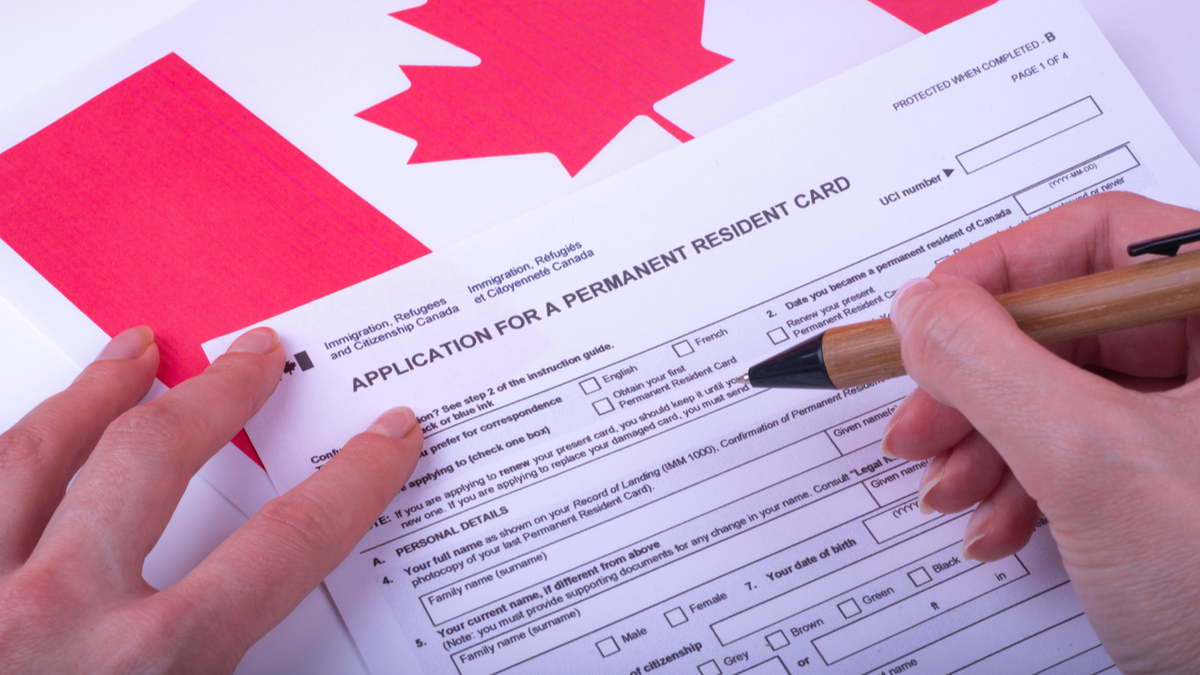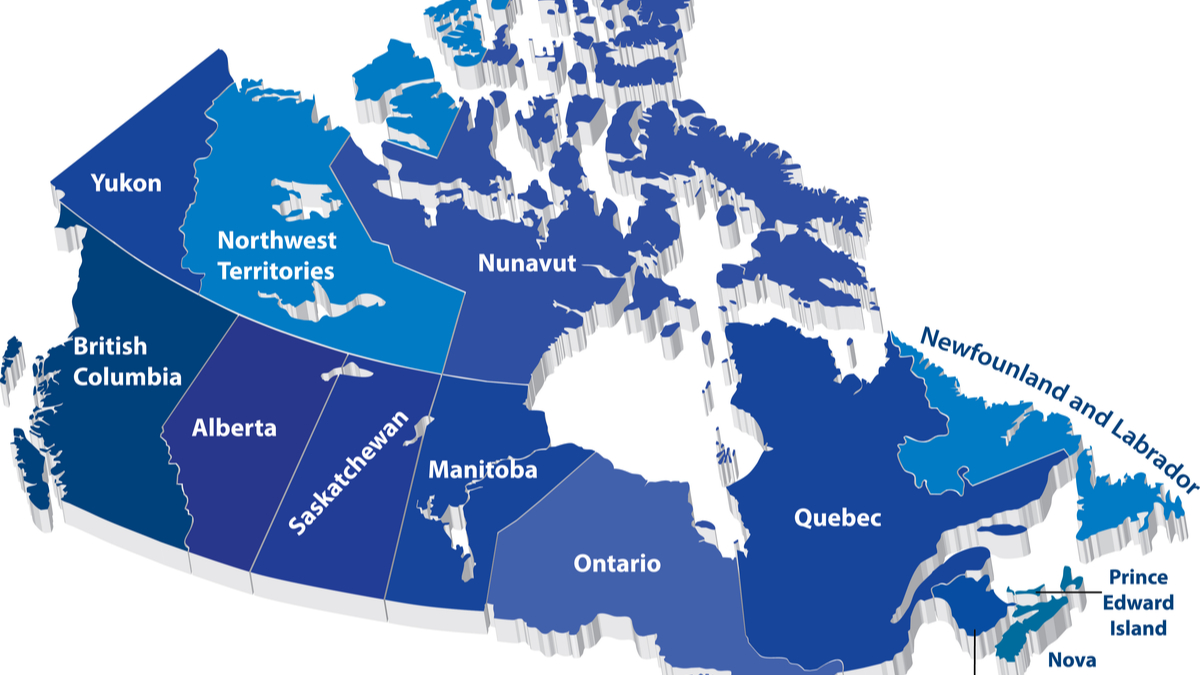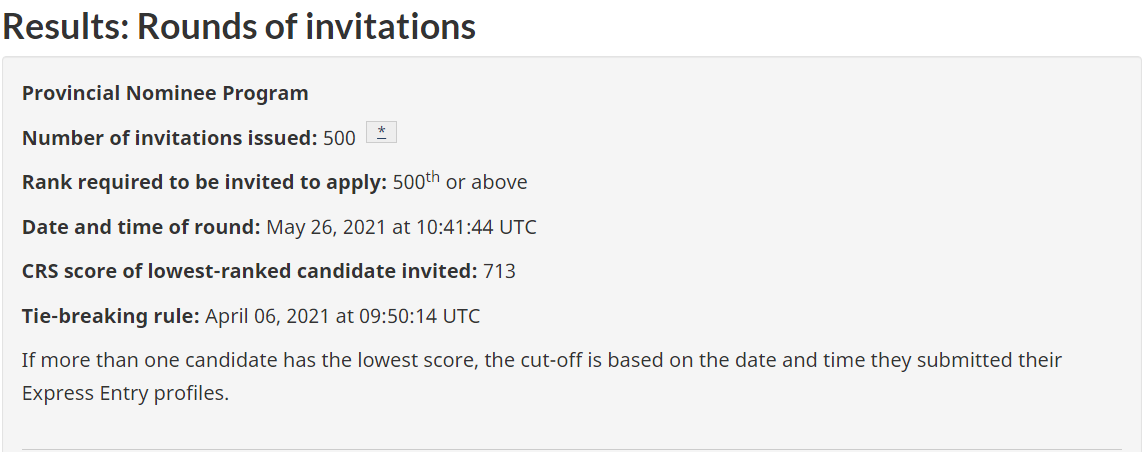Earn Top Dollar Working in Mining Jobs in Canada!
June 9, 2021
|
Canada is recognized as a leading mining nation. The minerals sector is the backbone of the economy that supports jobs and economic activity in all regions. Canada is in the top five countries for the production of cobalt, diamonds, gemstones, gold and graphite to mention a few. Canada is also the global leader in the production of potash, which is used in fertilizers to support plant growth and increase crop yield.
Earn top dollar working in mining jobs in Canada by going through immigration pathways such as Express Entry and the Provincial Nominee Program. Several mining jobs are in high demand in Ontario and British Columbia, this means that individuals in the mining industry have a better chance at immigrating to Canada via these streams.
More on how these programs work below.
Express Entry

Express Entry is an online immigration system that manages three federal immigration programs, for foreign skilled workers who would like to become Canadian permanent residents.
Federal immigration program within the Express Entry
- Federal Skilled Workers Program
- Federal Skilled Trades Program
- Canadian Experience Class
The government determines which of the above programs an individual is eligible for, once their profile has been submitted.
Individuals who apply through the Express Entry system can expect fast processing times of as little as six months. Express Entry is known to be one of the fastest immigration programs in Canada, as well as one of the largest entry points for Canadian immigration. The government has a goal of welcoming 1.2 million immigrants by 2023 and the Express Entry system will contribute to 332,750 of that total. For 2021, the goal is to issue 105,500 invitations to apply (ITA).
How does the Express Entry system work?
Once determined that the individual has met the Express Entry requirements, they will need to create an online profile. The following will be needed to do so:
- Passport travel document;
- Education credential assessment report;
- Language proficiency test results;
- Certificate of qualification in a trade occupation issued by a Canadian province or territory (if they have one);
- Proof of work experience (if they have one); and
- Provincial Nomination (if they have one).
Since the pandemic, applicants now have 90 days to complete their online profile. Once this is complete the applicants get placed into the Express Entry pool, along with other eligible applicants. There they are given a Comprehensive Ranking System (CRS) score that determines their ranking within the pool.
Receiving an Invitation to Apply(ITA) means that the applicant has the opportunity to apply for Canadian permanent residency. This is achieved by meeting or scoring higher than the CRS cut-off score of a particular draw. Each Express Entry draw will have a different CRS score to qualify.
If an applicant is not successful with the first draw, they are still able to stay in the pool for a period of one year. There are many benefits to this such as improving their score for the next Express Entry draw. CRS scores are based on factors such as language, work experience, skills, education and more.
Comprehensive Ranking System (CRS)
The Comprehensive Ranking System (CRS) is a points-based system that assesses, scores and ranks profiles within the Express Entry pool. This means the goal of each applicant should be to score the highest CRS points possible because it will increase their chances of receiving an ITA.
How are CRS points scored?
The total CRS score is made of two sections. The core set of points is a total of 600 and the additional set of points of 600 points. This makes the maximum score 1,200 points. Below is how to achieve these points:
Core CRS points
- Skills and experience;
- Spouse or common-law partner factors, such as their language or skill; and
- Skills transferability, including education and work experience.
Additional CRS points
- Canadian degrees, diplomas or certificates;
- A valid job offer;
- A nomination from a province or territory;
- A sibling living in Canada who is a citizen or permanent resident; and
- Strong French language skills.
Overall, the Comprehensive Ranking System (CRS) is divided into four sections with different combinations that can result in higher points.
Provincial Nominee Program

The Provincial Nominee Program (PNP) is an agreement that was put in place between the government and the local provinces of Canada. This agreement allows the provinces to nominate skilled immigrants who want to live and work in a particular province. The applicant needs to choose a province and then apply, however, the applicant should be careful in selecting a province where their job is in demand. This will increase their chances of being nominated.
There are two main ways to apply for a provincial nomination. This can be done directly to a province or territory or through the Express Entry system.
Direct application process
The application is done via mail or courier. This will result in extra costs and the waiting period can be around 15 to 19 months long.
Express Entry application process
The two options available to the applicant is:
- Expression of interest - the applicant expresses interest in a specific province or territory when creating their online profile. This allows the province to select the profile directly from the Express Entry draw pool.
- Apply through a Provincial Nominee Express Entry Stream - almost every province in Canada has an Express Entry stream along with a list of in-demand occupations.
Something to think about.
Applying through the Express Entry system will result in a faster application process. The average time is around six to eight months. This could be a faster way for foreign workers to earn top dollar in mining jobs in Canada. The Express Entry system also awards up to 600 additional points for having a nomination and PNP streams tend to have lower CRS cut-off scores, this would almost certainly guarantee them an ITA.

Source: Canada.ca
Where in Canada Are Mining Jobs in Demand?
The main two provinces where mining jobs are in demand are British Columbia and Ontario. The table below shows some occupations that fall under the in-demand list for each province.
| British Columbia Occupations In-demand List | |
|---|---|
| NOC Code | Eligible Occupations |
| 8411 | Underground mine service and support workers |
| 8412 | Oil and gas well drilling and related workers and services operators |
| 8614 | Mine labourers |
| 8615 | Oil and gas drilling, servicing and related labourers |
| 9411 | Machine operators, mineral and metal processing |
| 9611 | Labourers in mineral and metal processing |
| 9612 | Labourers in metal fabrication> |
| Ontario Occupations In-Demand List | |
|---|---|
| NOC Code | Eligible Occupations |
| 8211 | Supervisors, mining and quarrying |
| 8222 | Contractors and supervisors, oil and gas drilling and services |
| 8231 | Underground production and development miners |
| 8232 | Oil and gas well drillers, servicers, testers and related workers |
| 7372 | Drillers and blasters - surface mining, quarrying and construction |
Salaries of Mining Jobs in British Columbia
Below is a table on the average earning of mining jobs in British Columbia.
| Mining Jobs in British Columbia | |
|---|---|
| Occupation | Monthly Average in CAD |
| Underground miner | $5,567 |
| Mine labourers | $4,156 |
| Oil and gas driller | $5,973 |
| Metal fabricator | $4,193 |
| Labourer in metal processing | $4,520 |
Salaries of Mining Jobs in Ontario
Below is a table on the average earnings of mining jobs in Ontario.
| Mining Jobs in Ontario | |
|---|---|
| Occupation | Monthly Average in CAD |
| Oil and gas driller | $4,494 |
| Underground miner | $5,909 |
| Quarry manager | $4,735 |
| Blaster | $3,322 |
| Mining engineer | $8,579 |
The Benefits of Working in Canada
Canada is a great place to live and work, as it is widely known for its incredible work-life balance with an average of 40 hours per week or less. Several other benefits of working in Canada include family benefits, compassionate care benefits, childcare benefits and even housing benefits. The one main benefit that stands out is Canada’s high minimum wage which is in the top ten countries for this category.
With the help of our Regulated Canadian Immigration Consultants (RCICs), individuals can find an immigration pathway that works for them and earn top dollar working in mining jobs in Canada.
